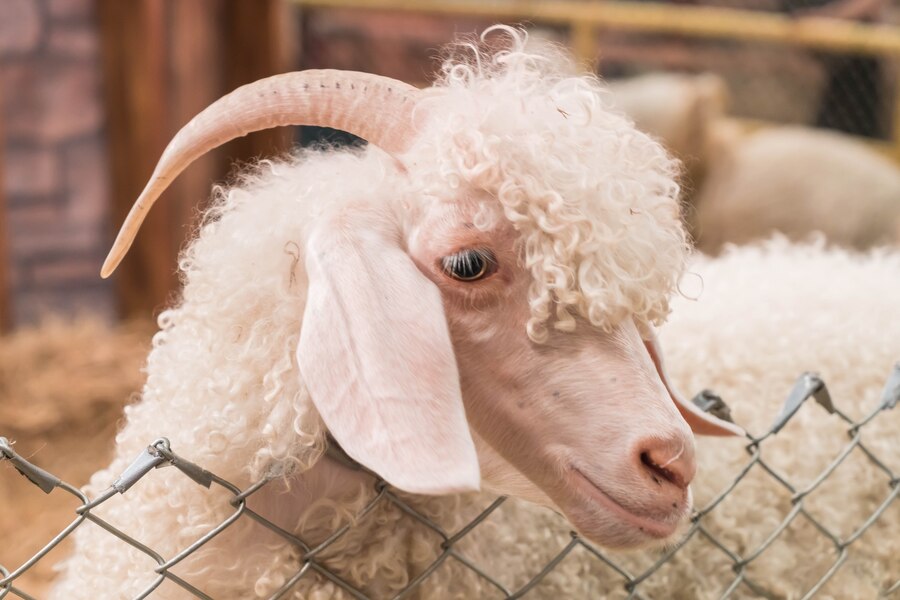The Great Gene Editing Debate: Can It Be Safe and Ethical?
The debate over gene editing is heating up as advancements in technology promise both incredible benefits and potential risks. While genetic engineering has been around for centuries, modern gene editing techniques have brought new possibilities and ethical dilemmas to the forefront.
Gene editing allows scientists to make precise changes to the DNA of organisms, potentially leading to more productive and disease-resistant crops and animals. This technology is still in its early stages, but gene-edited foods are already available in some countries. For example, Japan has introduced tomatoes that promote calmness and faster-growing puffer fish. In the United States, companies are developing heat-resistant cattle and seedless blackberries.
Proponents of gene editing argue that it can reduce animal diseases, lower the use of antibiotics, and even combat climate change by reducing methane emissions from livestock. However, critics are concerned about the safety and ethical implications of this technology. They worry about the potential for unintended consequences and the impact on animal welfare.
In the UK, the debate has reached a critical point. A law permitting the sale of gene-edited food has been paused, and some scientists fear that the country could fall behind other nations in this field. The new Labour government has pledged closer alignment with the European Union, which has stricter regulations on gene-edited and genetically modified (GM) crops.
The EU's stringent regulations on GM crops were established decades ago due to safety concerns and public opposition. While gene editing and GM are different technologies, they are often conflated in public discourse. GM involves adding new genes to organisms, sometimes from entirely different species, while gene editing makes precise changes to existing DNA.
Despite the differences, both technologies face significant regulatory hurdles. The UK had been a leader in gene editing, with the previous government passing the Precision Breeding Act to pave the way for commercial sales. However, the law's implementation has been delayed due to political changes, leaving the act in limbo.
Scientists like Prof. Jonathan Napier of Rothamsted Research were initially optimistic about the potential for gene editing to revolutionize agriculture. However, the delay in passing secondary legislation has dampened their hopes. Prof. Napier and other leading scientists have urged the government to act quickly to avoid falling behind other countries that are moving forward with gene editing regulations.
Environmental campaigners and animal welfare advocates also have concerns. Dr. Helen Wallace of Genewatch UK warns of the "unwanted consequences" of gene editing, while Dr. Peter Stevenson of Compassion in World Farming fears that the technology could exacerbate the intensification of animal farming. He points to the negative effects of selective breeding, such as chickens bred to grow so quickly that they suffer from painful leg disorders and heart disease.
Despite these concerns, some experts believe that gene editing can be applied ethically. Mr. Stevenson suggests that gene editing should meet three criteria: it should not cause animal welfare problems, its objectives should not be achievable by less intensive means, and it should not entrench industrialized livestock production. He acknowledges that gene editing could be legitimate in specific circumstances, such as developing disease-resistant animals.
Prof. Mizeck Chagunda of the Roslin Institute also sees the potential for gene editing to improve the lives of smallholding farmers in developing countries. He emphasizes the need for strong regulations to ensure that the technology is used ethically and effectively.
The future of gene editing depends on whether its advocates can convince the public and policymakers that it can be safe, ethical, and beneficial. As the debate continues, the challenge will be to balance the promise of technological advancements with the need to protect animal welfare and ensure public trust.







